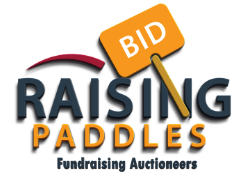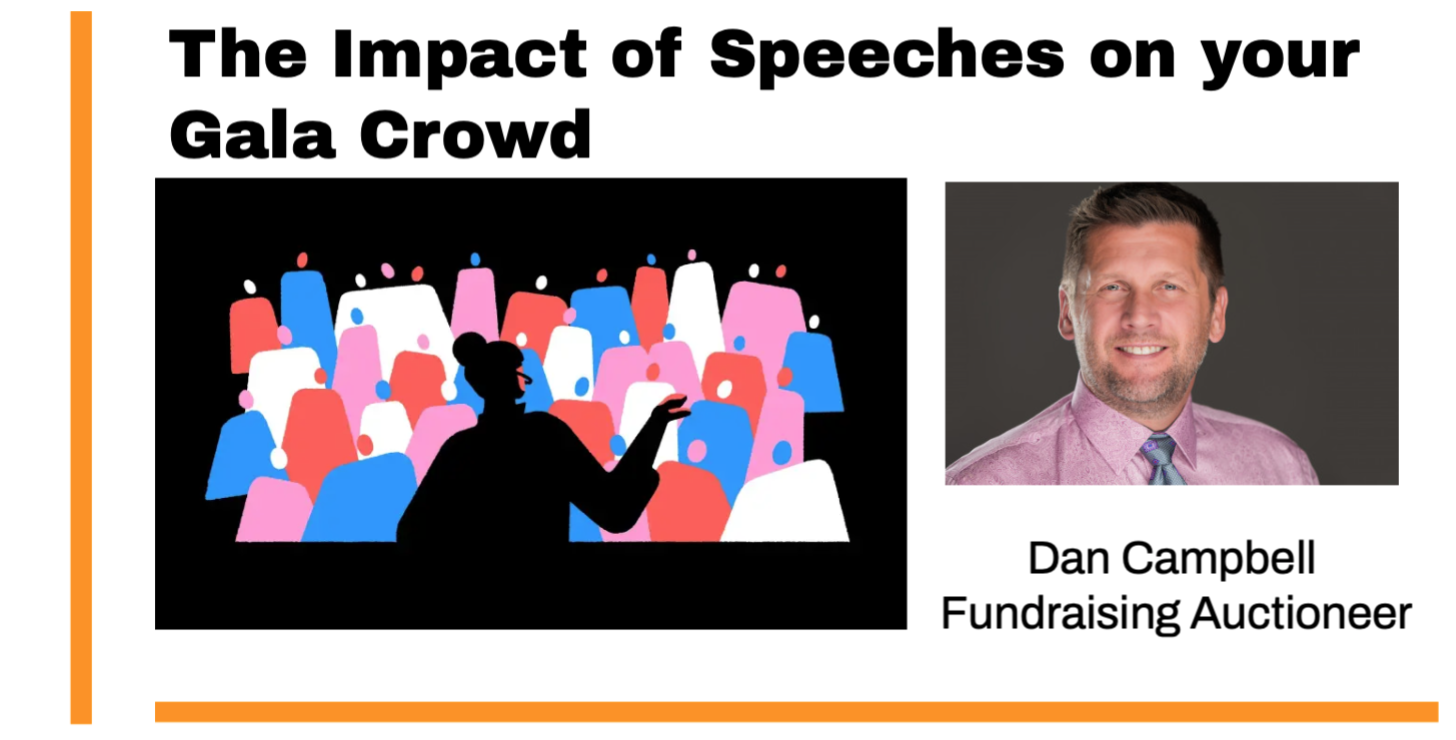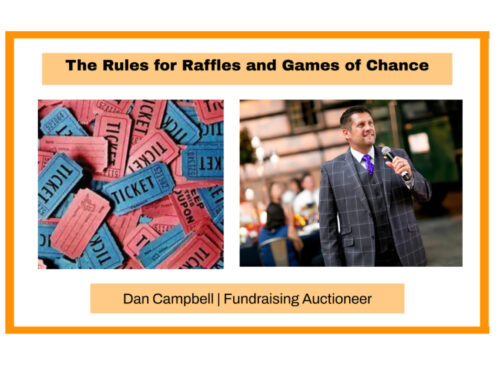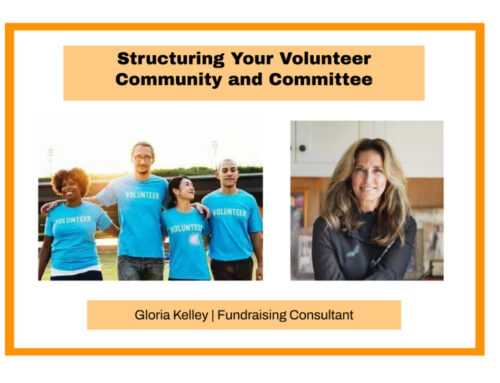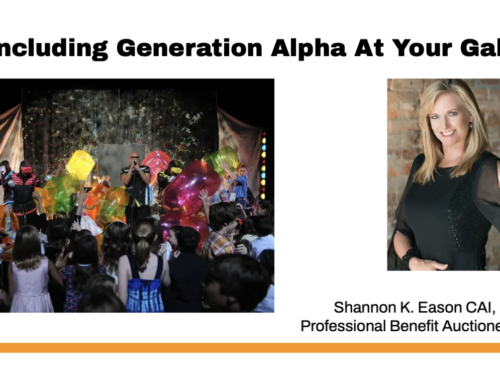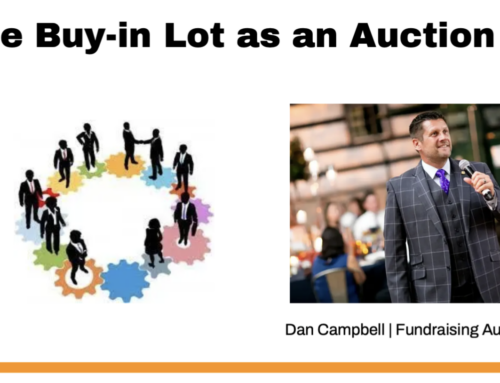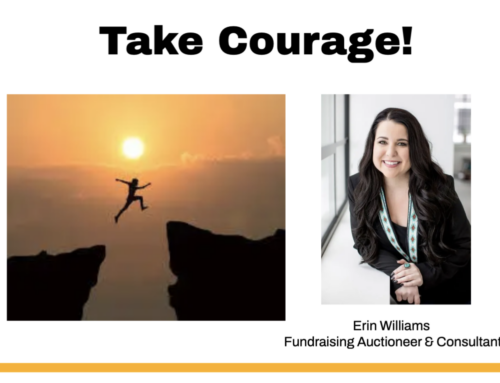By: Dan Campbell, Fundraising Auctioneer
You are a special events coordinator…. or at least that is one of your MANY hats, and you are looking at a gala timeline that appears to last through next Tuesday……will our audience embrace what we have planned?
Today’s audience is less patient with long programs, and we seem to have a shorter attention span. The longer the program, the more likely people will leave early, or even worse, become restless and noisy which impacts your ability to engage them in fundraising and key messaging. I recently had an event that provided acknowledgement of 15 honorees. At an average of 4 minutes each, the audience was barely engaged. In fact, by the time fundraising started after these “speeches”, over one third of the audience had left the room, either to find a bar out in the lobby, or go home. Does this impact giving? Of course it does!
You will find the challenge of asking several speakers to say something at your event one of your biggest challenges. Even with guidance, some of your speakers will “go rogue” and take over your event. This is their moment to shine, and with good intentions, each one wants to make a lasting imprint on the night. Many are not used to speaking in front of audiences, so they can lose sight of the big picture. Just this past weekend, a recipient of services for the non-profit was asked to speak. She had a speech written and started to read it to the audience. But halfway through, she shifted gears, and went on to share some personal stories about her life, which became a much longer stage presence, putting the entire program behind. And although you could see the grace and patience the audience gave to that individual (that’s why we are here, right?), their overall patience had waned, and you could see the momentum leave the room for fundraising. It takes a lot of effort to recapture that momentum after too many speeches, and too many program elements that add up to a long night.
A best practice is to have as many people as you can pre-record their acceptance speeches, etc. This allows you to edit their time and content to meet your program timeline. We also advocate that instead of using the term “speech” when asking someone to speak, you should instead use the term “remarks”. This gives your presenter a more confined view of their role, and will help avoid some longer speeches.
One other area that matters is to provide coaching to your speakers and presenters. A few things that impact the value and reception of those speeches is how your physical moves are associated with that speech. Things such as swaying, pacing, fidgeting, rushing things, leaning, looking to the screen for help, and freezing on stage. Especially for those who are uncomfortable speaking in front of an audience, it is helpful to provide some coaching on “how to present a speech.” Just making them aware of these things will enable them to be a more impactful speaker or presenter.
Your speeches and presentations should always point to the mission and the ask of the night. Why are we here? What do we need to accomplish? How can the audience help our mission? These are checkpoints you can share with speakers so that their focus on the goal is in alignment with your program for maximum effectiveness.
Let us know if you would like to discuss more on this topic, we are here to help!
